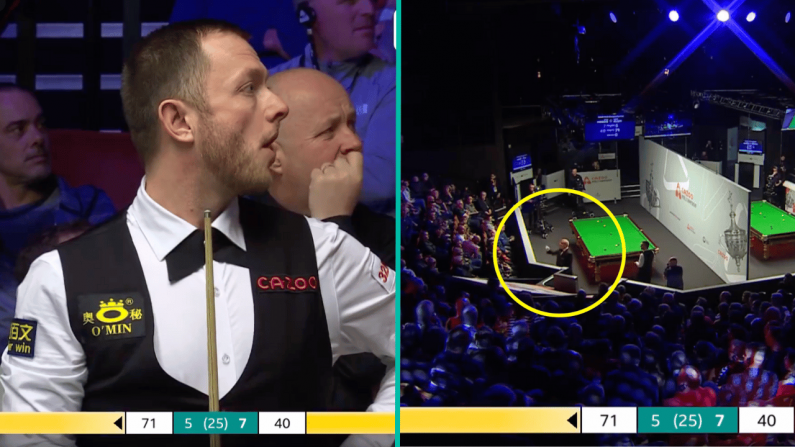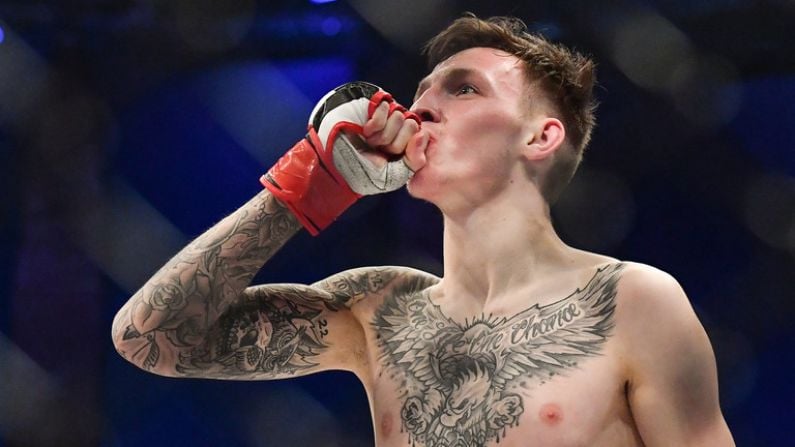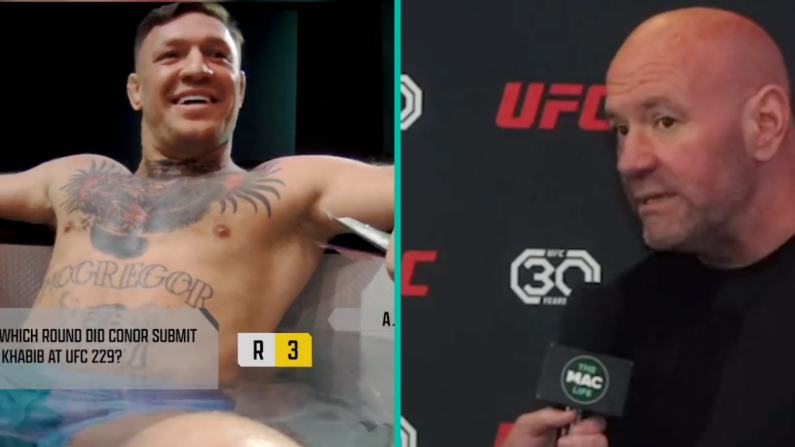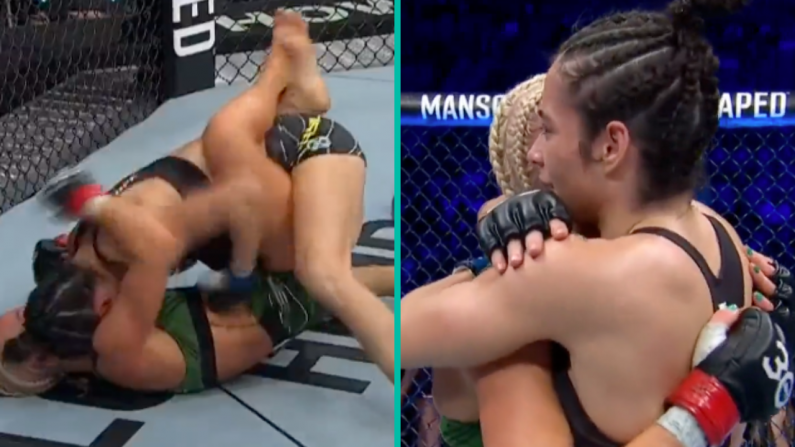Last year, the UFC inked a multi-million dollar deal with the United States Anti-Doping Agency (USADA) which they boasted would give them the most comprehensive drug-testing in all of sport. After all, mixed martial arts isn't like cycling or athletics, two sports which have been beset with high profile cases of athletes taking performance enhancers, where people might take EPO or human growth hormone to shave a few hundreths of a second from their personal best. In MMA, where athletes find themselves locked in a cage with someone else, any unnatural advantage that has been acquired could potentially do serious harm to someone - and for a sport still encountering PR problems in various markets across the globe, anything other than the most high profile of drug-testing procedures simply wouldn't be enough.
Prior to the USADA deal, drug-testing was administered by the various state athletic commissions in the US or, if the event was taking place outside America, the UFC would self-regulate and handle the drug-testing themselves. This status quo, and in particular the self-regulation of foreign cards, was never going to last on a long enough timeline. Recognising this, the UFC hired Jeff Novitsky - the man credited with bringing down Lance Armstrong - to be their new Vice President of Athlete Health and Performance and he would be tasked with overseeing the new drug-testing policies.
Since the USADA era came into effect in July of last year, several high profile athletes have fallen foul of the new regime. Brock Lesnar failed a test after his UFC 200 bout with Mark Hunt. Jon Jones, one half of the main event of what was supposed to be the UFC's biggest show in history, failed a test at the eleventh hour and his contest with Daniel Cormier was pulled from the event. Even more recently Chad Mendes, the former opponent of Conor McGregor, tested positive and has been the recipient of a ban.
Credit must go to the UFC for outsourcing their drug-testing programme which, when a fighter gets flagged, directly undermines their ability to effectively promote cards or bank upon events months ahead of time. Jon Jones' removal from UFC 200, for example, likely cost the promotion a figure somewhere in the ballpark of tens of millions of dollars in lost income.
Jeff Novitsky said to MMAFighting.com:
A perfectly successful program is where the deterrent is on the front end and they realize how comprehensive it is and they realize what the penalty is going to be if they test positive and say, I'm gonna make the decision not to dope on the front end rather than catching them on the back end. But the reality is sometimes it takes a few of those hard lessons to happen for everybody to get the message that this is real and this isn't on paper or a theory. This is a real program where you're seeing the main event of UFC 200 be pulled because of a potential violation.
As Nate Diaz so infamously said, 'you're all on steroids' and judging by the sheer number of athletes who are getting flagged for USADA violations, his words might have a higher degree of truth to them than anyone had previously thought.
The chief criticism of the USADA regulations from fighters and trainers alike is that it has outlawed the practice of IV rehydration for fighters who have been cutting weight ahead of a weigh-in. Previously all fighters were entitled to rehydrate intravenously, the process considered by most medical professionals as being the most effective, but given that it is possible to mask the use of performance enhancing drugs with an IV, this has now also been ruled out (except in the case of hospitalisation).
Why is this considered a bad thing? Some fighters will attempt to cut as much as 20-25lbs of water weight from their systems ahead of a weigh-in and then promptly put it back into their systems as soon as they step off the scales. Oral rehydration (or drinking, to you and me) is a much slower process of rehydration and, as anyone who has any knowledge of concussions or head injuries will attest, taking blows to your head while dehyrated elevates the danger involved considerably. The IV ban does make it more difficult to dope but it introduces a whole new level of problems which didn't exist before - and nor do these new problems fall under USADA's remit to remedy.
Seems like a no-brainer, right? Well, not quite. Given that the UFC affords its fighters the term of 'independent contractors' instead of them being considered contracted staff, a fighter's union has yet to be formed. And it's this fighter's union which would campaign the most for changes to the IV ban.
The USADA era of the UFC is far from perfect. Though we are still very much in its formative years, each high profile test failure fires a shot across the stern of every fighter who may in the past, or may be considering in the future, taking substances to improve their performance in the cage. If you compare the physiques of certain fighters pre-USADA and post-USADA, it also tells you that many fighters are adopting the new code.
But, with all that said and with USADA being crucial to the development of the sport, fans are still being denied high-profile fights each time a fighter fails a test. Chad Mendes is now gone for two years. Jon Jones will be banned for two years, perhaps even four years. Brock Lesnar will likely never appear in the UFC octagon again. But to blame USADA for that is off the mark. Each fighter is responsible for what is in their body and, whether they take a substance knowingly or not, the fault lies with the those who fail the tests rather than those who administer them.












